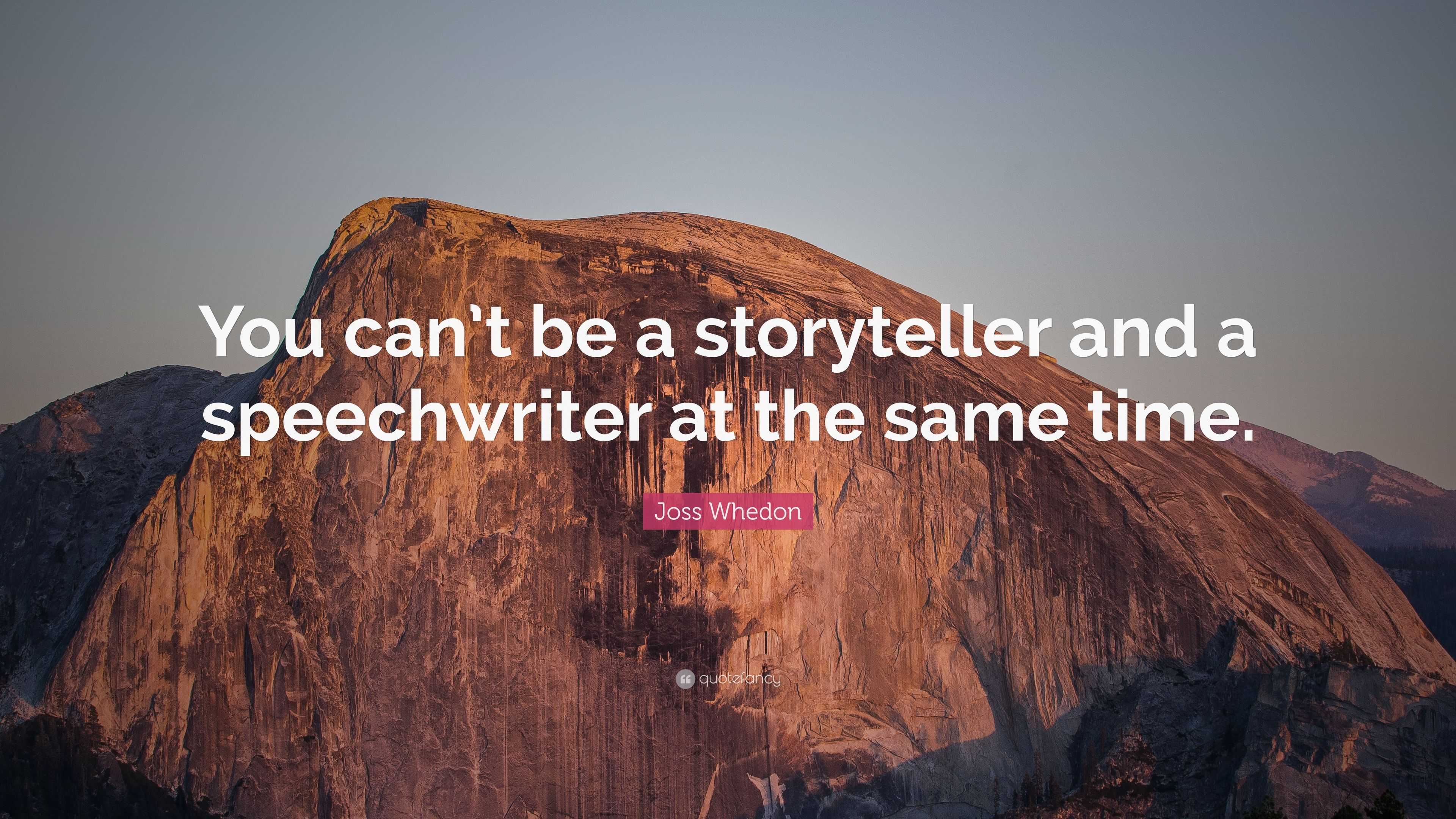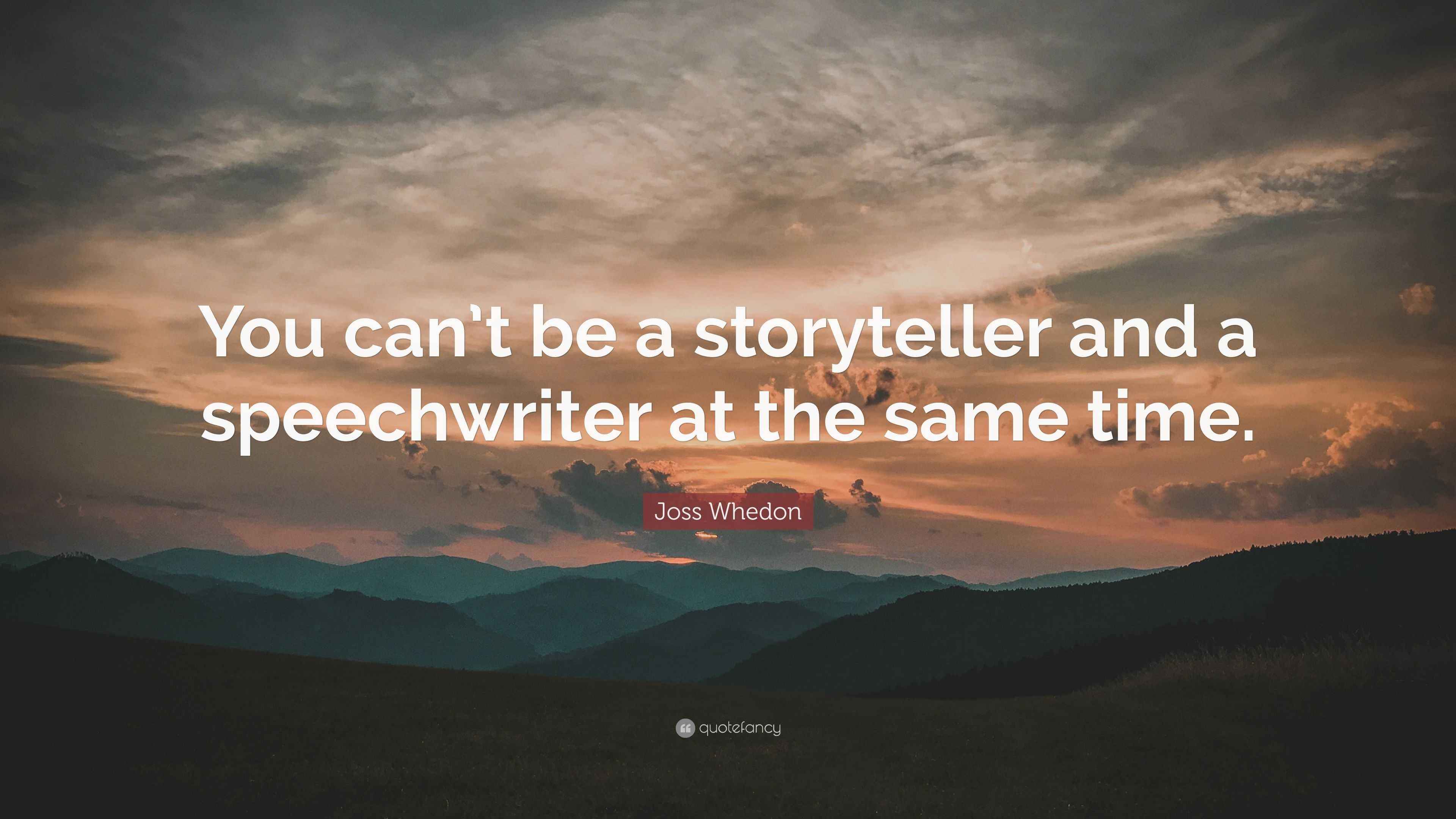There’s something magical about Joss Whedon’s work that has captured the hearts of millions worldwide. Whether it’s through his sharp dialogue, complex characters, or groundbreaking storytelling, Whedon has left an indelible mark on modern cinema. His career is a testament to how a visionary filmmaker can redefine the boundaries of storytelling in both mainstream and niche entertainment. So, buckle up, because we’re diving deep into the genius mind of Joss Whedon.
Joss Whedon isn’t just another filmmaker; he’s a storyteller with a knack for blending genres, creating unforgettable characters, and tackling social issues through his work. From "Buffy the Vampire Slayer" to "The Avengers," Whedon has consistently pushed the envelope, challenging norms and expectations in the entertainment industry. His ability to craft narratives that resonate with audiences across generations is nothing short of extraordinary.
But what makes Joss Whedon’s artistry so special? Is it his ability to weave intricate plots, his talent for writing witty dialogue, or his knack for bringing diverse characters to life? Or is it something more profound—a reflection of our collective hopes, fears, and dreams? Let’s explore the world of Joss Whedon and uncover the magic behind his visionary artistry.
Read also:Exploring The Deployment Of Iot With Raspberry Pi Platform
Before we dive into the meat of this article, here’s a quick table of contents to help you navigate through the various sections:
- Biography of Joss Whedon
- Early Career and Influences
- Buffy the Vampire Slayer: A Game-Changer
- Firefly: A Beloved Sci-Fi Classic
- The Avengers: Assembling the Marvel Universe
- Whedon's Influence on Modern Cinema
- Recurring Themes in Whedon's Work
- Awards and Recognition
- Legacy and Impact on Storytelling
- What’s Next for Joss Whedon?
Biography of Joss Whedon
Let’s kick things off with a little background on the man himself. Joss Whedon was born on June 23, 1964, in New York City. Growing up, he was surrounded by creativity and storytelling, as both his parents worked in television and film. This early exposure to the world of entertainment undoubtedly played a role in shaping his future career.
Whedon’s passion for storytelling was evident from a young age. He attended the Trinity School in Manhattan and later studied film at Wesleyan University, where he honed his skills in screenwriting and directing. After graduation, he worked as a writer and producer on several TV shows, including "Roseanne" and "The Golden Girls," before venturing into creating his own projects.
Here’s a quick glimpse into Joss Whedon’s personal life:
| Full Name | Joseph Hill Whedon |
|---|---|
| Birthdate | June 23, 1964 |
| Birthplace | New York City, USA |
| Education | Trinity School, Wesleyan University |
| Spouse | Kristen Bell (not the actress) |
| Children | Two daughters |
Early Influences on Joss Whedon
Joss Whedon’s love for storytelling was nurtured by a variety of influences, both personal and professional. Growing up, he was a fan of classic science fiction and fantasy literature, which inspired his later work in these genres. Writers like Ray Bradbury and J.R.R. Tolkien were among his early influences, shaping his understanding of world-building and character development.
In addition to literature, Whedon was heavily influenced by films and TV shows that pushed the boundaries of storytelling. Movies like "Star Wars" and "Alien" left a lasting impression on him, as did TV series like "The Twilight Zone" and "The X-Files." These influences can be seen in his own work, where he often blends genres to create something truly unique.
Read also:Free Windows 10 Iot Remote Access Offline Installer The Ultimate Guide
Early Career and Influences
Whedon’s early career was marked by a series of writing gigs on popular TV shows. While working on "Roseanne" and "The Golden Girls," he developed a reputation for his sharp wit and ability to craft compelling dialogue. However, it wasn’t until he created "Buffy the Vampire Slayer" that he truly found his voice as a storyteller.
During this period, Whedon also honed his skills as a director and producer, learning the ins and outs of the entertainment industry. His early experiences laid the foundation for the success he would achieve in the years to come.
Lessons Learned from Early Projects
- Collaboration is key: Whedon learned the importance of working with a talented team to bring his visions to life.
- Take risks: His willingness to experiment with new ideas and formats set him apart from his peers.
- Stay true to your vision: Despite facing challenges and setbacks, Whedon remained committed to his creative vision, which paid off in the long run.
Buffy the Vampire Slayer: A Game-Changer
When "Buffy the Vampire Slayer" premiered in 1997, it was unlike anything audiences had seen before. At its core, the show was a supernatural drama about a teenage girl destined to fight vampires and demons. However, it was so much more than that. Whedon used the show to explore complex themes like identity, relationships, and the struggles of growing up.
What made "Buffy" stand out was its ability to balance humor, action, and drama in a way that resonated with viewers of all ages. The show’s characters were multidimensional, with each one bringing something unique to the table. Buffy herself was a feminist icon, challenging traditional gender roles and empowering young women everywhere.
Impact of Buffy on Pop Culture
The influence of "Buffy the Vampire Slayer" on pop culture cannot be overstated. It paved the way for countless other TV shows and films that sought to blend genres and tackle social issues. The show also spawned a dedicated fanbase, known as "Whedonites," who continue to celebrate its legacy to this day.
Firefly: A Beloved Sci-Fi Classic
After the success of "Buffy," Whedon turned his attention to the world of science fiction with "Firefly." The show followed the adventures of a crew of space travelers aboard the spaceship Serenity, navigating the challenges of life in a distant galaxy. While it only lasted one season, "Firefly" quickly became a cult classic, beloved by fans for its rich storytelling and memorable characters.
What made "Firefly" special was its ability to create a fully realized universe with its own rules and history. Whedon’s attention to detail and commitment to authenticity brought the world of "Firefly" to life in a way that few other shows could match.
Why Firefly Resonated with Fans
- Relatable characters: Each member of the Serenity crew had their own backstory and motivations, making them feel like real people.
- Unique setting: The show’s blend of western and sci-fi elements created a fresh and exciting setting for its stories.
- Timeless themes: Issues like freedom, loyalty, and identity were explored in ways that remain relevant today.
The Avengers: Assembling the Marvel Universe
In 2012, Joss Whedon took on the challenge of bringing Marvel’s iconic superhero team to the big screen. "The Avengers" was a massive undertaking, requiring Whedon to juggle multiple characters and storylines while maintaining a cohesive narrative. Despite the challenges, he succeeded in creating one of the most successful films of all time, both critically and commercially.
Whedon’s ability to balance action, humor, and emotion made "The Avengers" a standout in the superhero genre. He also brought his signature wit to the dialogue, giving each character a distinct voice and personality. The film’s success cemented Whedon’s place as a master of modern cinema.
Challenges Faced in Directing The Avengers
Directing "The Avengers" was no easy feat. Whedon had to manage the expectations of both Marvel fans and studio executives while staying true to his creative vision. He also had to navigate the complexities of working with a large cast of established characters, ensuring that each one received adequate screen time and development.
Whedon's Influence on Modern Cinema
Joss Whedon’s impact on modern cinema extends far beyond his individual projects. He has inspired a generation of filmmakers and writers to push the boundaries of storytelling and challenge traditional narratives. His work has also helped to elevate the status of genre films and TV shows, proving that they can be just as meaningful and impactful as their mainstream counterparts.
Whedon’s influence can be seen in the work of many contemporary filmmakers, who have cited him as a major inspiration. His ability to blend genres, tackle social issues, and create complex characters has set a new standard for storytelling in the entertainment industry.
Key Takeaways from Whedon's Career
- Storytelling is about more than just plot: Whedon’s work shows that great stories are built on strong characters and themes.
- Genre doesn’t define quality: His success proves that genre films and TV shows can be just as impactful as mainstream fare.
- Innovation is key: Whedon’s willingness to experiment with new ideas and formats has kept his work fresh and relevant.
Recurring Themes in Whedon's Work
Throughout his career, Joss Whedon has explored a number of recurring themes that resonate with audiences. These themes include:
- Identity and self-discovery: Many of Whedon’s characters struggle with questions of who they are and where they belong.
- Empowerment: His work often features strong, empowered women who challenge traditional gender roles.
- Friendship and community: The importance of relationships and community is a common thread in his stories.
These themes are woven into the fabric of Whedon’s work, adding depth and meaning to his narratives.
Awards and Recognition
Joss Whedon’s contributions to the entertainment industry have not gone unnoticed. Over the years, he has received numerous awards and accolades for his work. Some of his most notable honors include:
- Emmy Awards for Outstanding Writing for a Drama Series (Buffy the Vampire Slayer)
- Hugo Awards for Best Dramatic Presentation (Firefly)
- Academy Award nomination for Best Original Screenplay (Much Ado About Nothing)
These awards are a testament to Whedon’s talent and the impact of his work on the industry.
Legacy and Impact on Storytelling
Joss Whedon’s legacy in the world of storytelling is secure. He has redefined modern cinema by pushing the boundaries of genre and narrative, creating works that resonate with audiences on a deep level. His influence can be seen in the work of countless filmmakers and writers who have followed in his footsteps.
As we look to the future of storytelling, Whedon’s contributions serve as a reminder of the power of creativity and innovation. His ability to blend genres, tackle social issues, and create complex characters has set a new standard for the industry.
What’s Next for Joss Whedon?
While Joss Whedon has stepped back from the limelight in recent years, there’s no doubt that his influence on the entertainment industry will continue to be felt for years to come. Fans eagerly await his next project, wondering what new worlds and characters he will bring to life.
Whatever the future holds for Joss Whedon, one thing is certain: his impact on modern cinema will be remembered for generations to come.
Final Thoughts
Joss Whedon’s visionary artistry has left an indelible mark on


